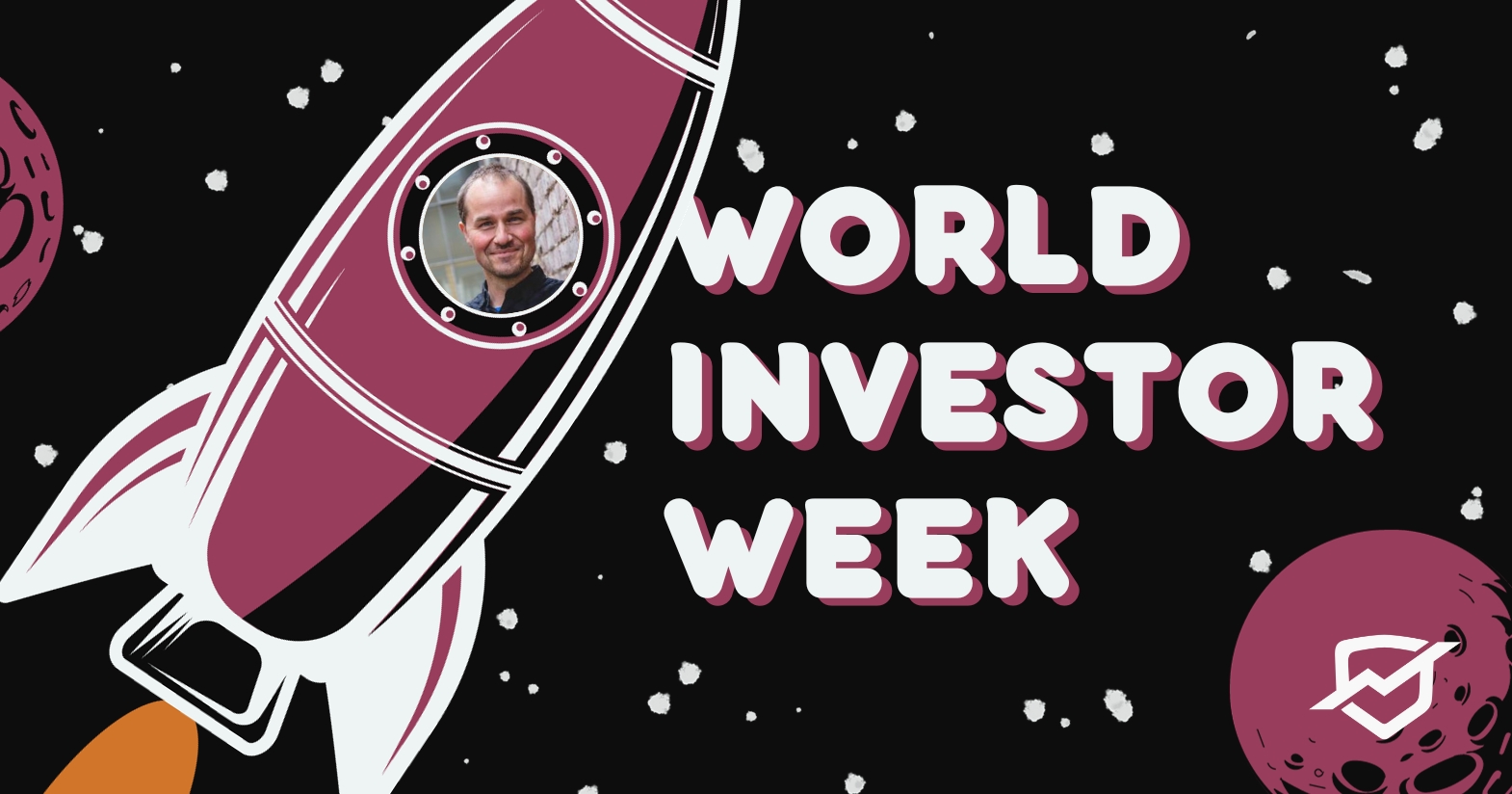
It started in the depths of the global financial crisis in 2008-09. It was the first time that I had really felt the impact of macro-economic conditions on my personal microeconomics which jolted me into taking an interest in the wider economy and how our personal success and failure are so dependent on the whole. It’s all connected man!
Around this time I would often walk past a second-hand bookshop on my way to my favorite coffee shop. In the window was a book that kept catching my attention every time walked past, but I wasn’t one to rush into things so I let the book call to me for a while before I responded, spent my money, and then read it over coffee (I was very frugal at the time…but I probably spend more money on the coffees than I did on investing books, if I had used PocketSmith I might have noticed this).
The book said, among many other things, that a stock market crash is actually just a sale. Hmm… there seemed to be a crash going on around me. After that I did a lot of reading, watching the markets, and talking to anyone interested who had invested. The book was ‘Rich Dad, Poor Dad’, the classic beginner investor book. I didn’t like everything I read in the book; it had some great investing advice, but philosophically, it lacked a social and environmental conscience.
Always long term, I still have the first shares I bought in 2009. I’m sure the company deeply appreciates my patience. Though to be honest, I’m sure most new investors secretly think they can outsmart the market and get rich quick. Yeah, nah. Look for real value then wait.
I’m a little bit diversified, I like to hand-pick my investments because I’m still enjoying the process and I think it will give me more opportunity compared to full diversification via a fund. I figured that if I wanted true diversification and the security that comes with it, I would buy into a fund.
As mentioned above, ‘Rich Dad, Poor Dad’ certainly got me started and it is useful when you are new to investing concepts. If you are totally new to money management, The Barefoot Investor is a great first book to get you started on your journey.
The resource I have found the most useful over the long term is stock screeners. There are thousands of investing options out there, and once you decide on what you think makes a worthwhile investment, you can set your parameters and get a shortlist to consider in detail. For example, you can filter by industry, price-to-earnings ratio, share price, etc. It really helps to narrow down the possibilities and keep you focused on the factors that matter to you and avoid getting distracted by shiny companies that don’t actually have the fundamentals you might be looking for. A lot of companies will have great PR and sell their story well but may not have achieved anything tangible yet. Sadly, great intentions to change the world are not the same as great abilities to do so.
I have found the stock screener on Investing.com useful but more recently I have enjoyed the stock screener as part of the app Simply Wall St as it also provides some in-depth analysis of the companies I’m looking at which gives me a bit more confidence about my choices.
Yes briefly, but thankfully I thought better of it. Investing in something when there is too little chance for return is really just a donation, which is fine if you are happy with that.
Social, environmental, and economic, the triple bottom line, also now known as the more catchy 3 P’s: People, Planet, and Prosperity. If one of the three is neglected or abused, the system will eventually fall over.
When things get bumpy, zoom out, look at the long term, and avoid knee-jerk reactions and decisions. If you look at a 40-year average of the stock market, each crisis looks small and temporary. You are most at risk of making bad decisions at the top and at the bottom of the market. When the market is booming you might feel flush with wealth and opportunity and take bad risks; when the market crashes, you might exit good companies when you should just wait.
Make sure that you are diversified enough that you are not too badly affected by the fluctuations of individual companies. It is a good idea to apply the ‘can-you-sleep-at-night’ rule. If you are losing sleep over your investments, chances are you are taking too much risk.
💔🔬🧘
Disclaimer: The information provided on this blog about investing is for general informational purposes only and should not be considered as financial advice. PocketSmith are not accountable for any actions or decisions made based on the information presented.